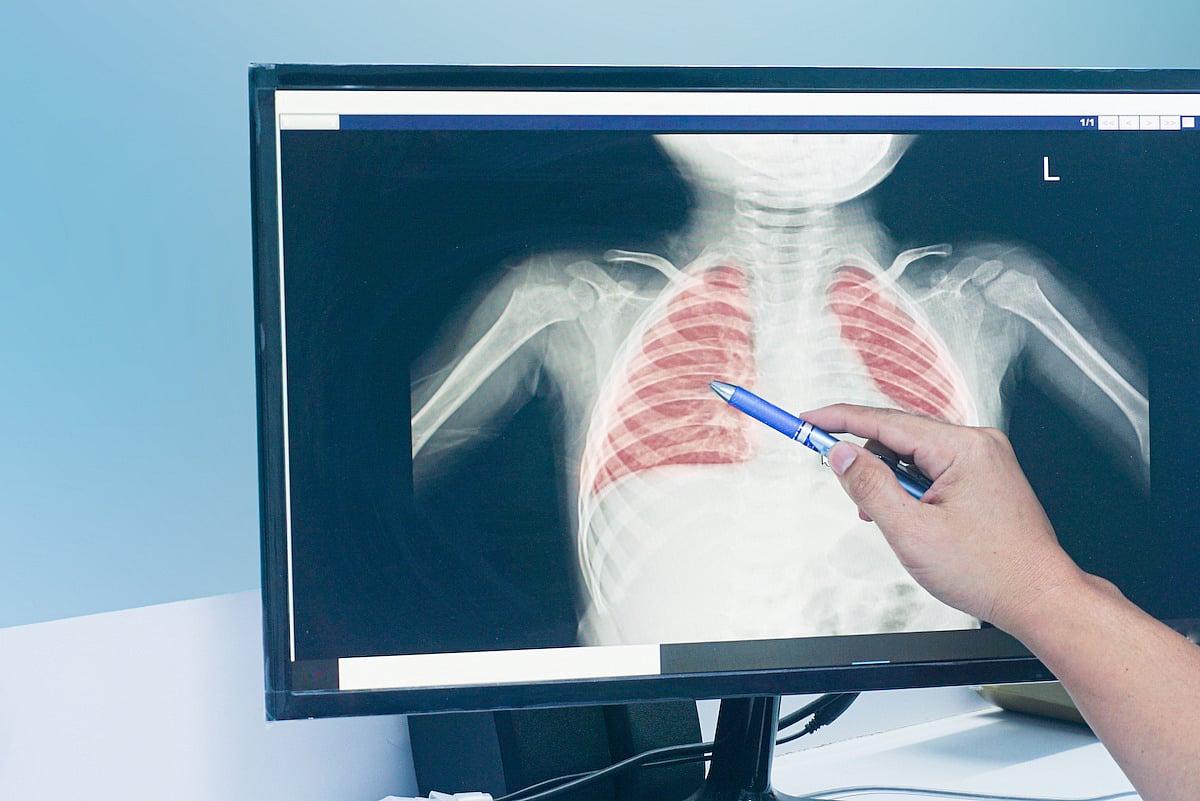Get Healthy!

- Dennis Thompson
- Posted August 12, 2024
Some Cases of Recurrent Wheeze in Kids May Need New Treatment
Does your kid suffer from wheezing that returns again and again?
They might be suffering from a “silent†viral lung infection that would be better treated by changing up their medications, a new study finds.
Nearly a quarter of children and teens with severe wheezing have undetected lung infections, researchers reported recently in the Journal of Allergy and Clinical Immunology.
Unfortunately, these infections won’t respond to corticosteroids commonly used to treat wheezing, researchers said.
In fact, higher doses of steroids might put children at higher risk of lingering lung inflammation, as well as other known side effects of those drugs.
“While steroids can help some children with wheeze, many children in the study showed no patterns of inflammation that would improve with steroids,†said lead researcher Dr. Gerald Teague, a pediatric pulmonologist with the University of Virginia School of Medicine.
Instead, these kids should be treated with medications that target viruses and symptoms of viral infection, Teague said.
“I advise the parents of my patients that have wheeze episodes that are triggered by colds should be treated with anti-inflammatory medications that build immunity to viruses, such as azithromycin,†Teague said in a university news release.
"They look surprised that we would use an antibiotic for a viral infection, but, in fact, azithromycin bolsters the immune response to viruses in a positive way,†Teague added.
For the study, researchers screened more than 800 children and teens with severe and persistent wheezing -- a whistling or rattling sound that occurs while breathing.
Rhinoviruses -- the main cause of the common cold -- can trigger wheezing episodes, but wheezing more often is treated the same as asthma, researchers said. In asthma, inhaled corticosteroids are used to reduce airway inflammation.
But the results showed that 22% of children with recurrent wheezing were indeed suffering from silent viral infections.
Researchers aren’t sure why these kids can’t shake off these infections, which also can involve other types of viruses.
They suspect something may be going awry in the immune cells of the children’s lungs, so that they are unable to fight off these viruses.
Notably, the problem seems to primarily affect very young children, researchers said. By the time they reach school age, viral-associated wheezing becomes less common.
Doctors should rethink how they treat recurrent wheezing and explore potential causes before prescribing powerful corticosteroids, Teague said.
“Viral infections are the most important trigger of acute wheeze episodes in children and, in some cases, lead to respiratory distress and hospital care,†Teague said.
“We hope this discovery will stimulate further work in the treatment of recurrent wheeze and viral infections in children,†Teague added. “The field has to get to away from overuse of potentially toxic steroids for the treatment of acute wheeze to include novel therapies which target specific patterns of inflammation.â€
More information
The Cleveland Clinic has more about wheezing.
SOURCE: University of Virginia, news release, Aug. 6, 2024
